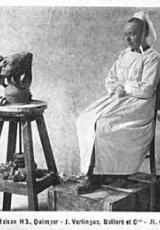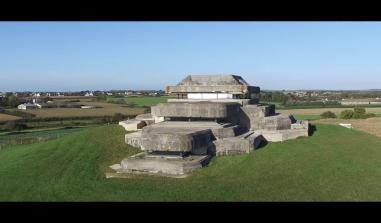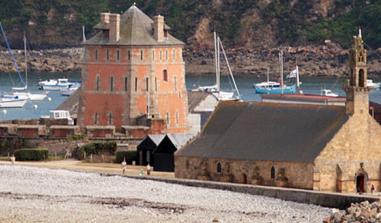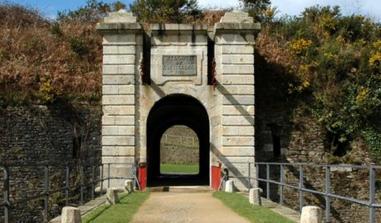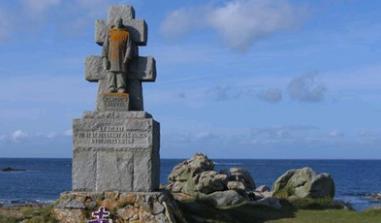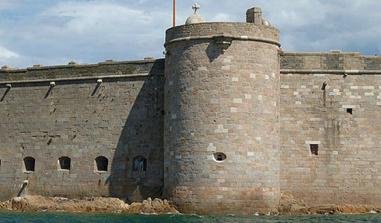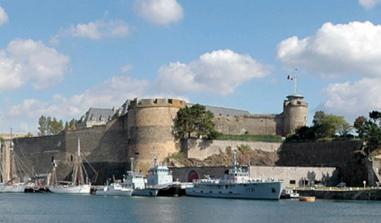Ile de Sein

Vue aérienne de l'île de Sein. Source : Site officiel de la mairie
A small island off the south-west tip of Brittany, Sein faces the Pointe du Raz
[align=center]Sénans who chose Free France 22 - 26 June 1940[/align] June 1940: following defeat and the signature of the armistice, not all Frenchmen gave up. Gradually, individual or collective acts of resistance developed, the most famous being the "18th June Appeal", broadcast from London by General De Gaulle, an appeal repeated several times in the days that followed. The inhabitants of Sein were among the first to respond; they were among the earliest of the "Free French". Sein is a small island off the south-west tip of Brittany, facing the Pointe du Raz, with a population of around a thousand. In June 1940, most of the men were mobilised or called to work on the mainland. A garrison of 24 men was also stationed there. The island received information from the few ships that docked or the rare wireless sets. This communication became increasingly difficult until only scraps of news arrived, rumours of an ever-deteriorating situation. Residents of the island (Sénans) learned that Rennes and Brest had fallen and saw the first soldiers pushed back by the German advance. Many ships sailed via the island, such as the Zénith which, via Ouessant and Sein, took a small troop of Chasseurs alpins to Great Britain. The threat was getting closer, with German gunfire and shelling increasing.
Warned by a keeper of the Ar-Men lighthouse that an appeal by a French General was to be broadcast that evening on the BBC, the islanders and those present on the island assembled on 22nd June around one of the radios to listen to the speech. After listening to the message the choice was quickly made. Five ships were available right away. They sailed on 24th and 26th June. The first, the Velleda, left with the garrison and the first Sénans aboard, followed by the Rouanez ar Mor, then the Corbeau des mers, the Maris Stella and the Rouanez ar Péoc'h. Some islanders followed on smaller craft. 128 Sénans finally assembled in England. Some of them would not see their island or their families again until 1944. Initially, the Sénans were assigned to the Courbet, which had the job of protecting the port of Plymouth before most of them were dispersed to serve in the Free French Navy. The Germans occupied the Ile de Sein from the beginning of July, laying mines and barbed wire. Severe restrictions were applied to movement both on the island and the surrounding seas. Physical conditions were difficult, even after the mobilised men returned. In spite of this, assistance was raised for the families of the islanders who had gone to England.
Practical information
29990
Ile-de-Sein


